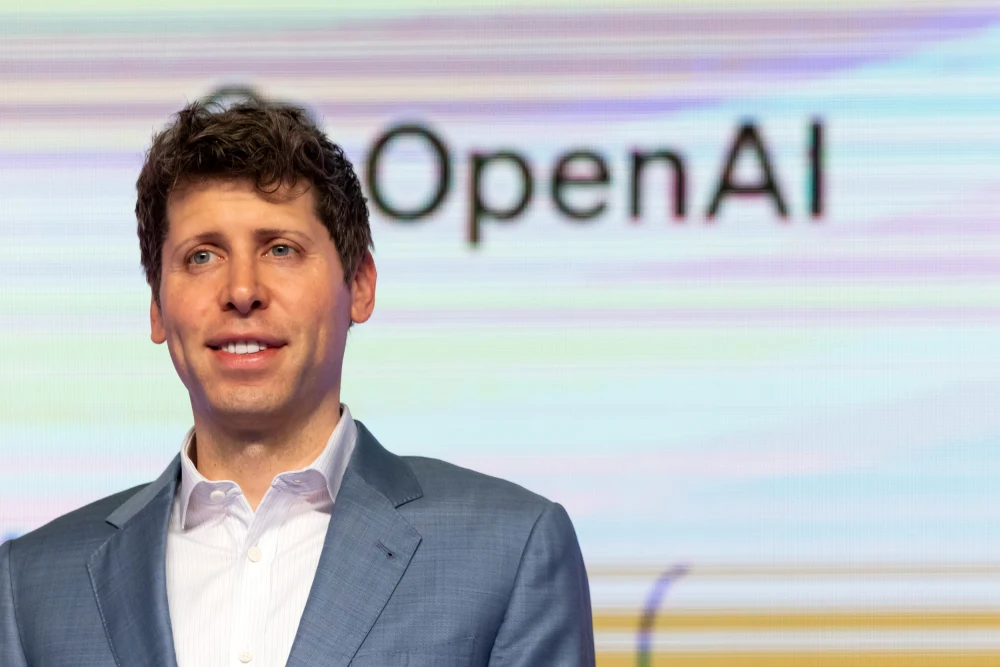Man-made reasoning startup OpenAI delivered a see Friday of a computerized voice generator that it said could create regular sounding discourse in light of a solitary 15-second sound example.
The product is called Voice Motor. It’s the furthest down the line item to emerge from the San Francisco startup that is additionally behind the well known chatbot ChatGPT and the picture generator DALL-E.
The organization said in a blog entry that it had tried Voice Motor in a variety of potential purposes, including perusing help to youngsters, language interpretation and voice reclamation for disease patients.
A few virtual entertainment clients responded by featuring potential abuses, incorporating potential extortion helped with unapproved voice impersonation, or deepfakes.
In any case, OpenAI said it was holding off until further notice on a more extensive arrival of the product in light of the potential for abuse, including during a political race year. It said it originally fostered the item in late 2022 and had been involving it in the background in different items.
“We are adopting a careful and informed strategy to a more extensive delivery because of the potential for manufactured voice abuse,” the organization said in the unsigned post.
“We desire to begin a discourse on the mindful sending of engineered voices, and how society can adjust to these new capacities,” it said. “In light of these discussions and the consequences of these limited scale tests, we will come to a more educated conclusion about whether and how to send this innovation at scale.”
The 2024 political decision has proactively seen its most memorable phony voice, which showed up in New Hampshire in a robocall in January copying President Joe Biden. A Vote based employable later said he charged the phony voice utilizing computerized reasoning and the assistance of Another Orleans road entertainer.
After that call, the Government Interchanges Commission casted a ballot collectively to boycott spontaneous man-made intelligence robocalls.
OpenAI recognized the political dangers in its blog entry.
“We perceive that creating discourse that looks like individuals’ voices has serious dangers, which are particularly top of psyche in a political race year,” it said.
The organization said it was “drawing in with U.S. what’s more, global accomplices from across government, media, amusement, training, common society and past to guarantee we are integrating their criticism as we construct.”
It said its use arrangements disallow pantomime without assent or lawful right, and it said wide sending ought to be joined by “voice verification encounters” to confirm that the first speaker intentionally added their voice to the assistance. It likewise required a “off limits voice list” to forestall the formation of voices that are excessively like noticeable figures.
In any case, figuring out how to distinguish and mark computer based intelligence created content has demonstrated hard for the tech business. Proposed arrangements, for example, “watermarking” have demonstrated simple to eliminate or sidestep.
Geoffrey Mill operator, an academic partner of brain science at the College of New Mexico, answered OpenAI on the stage X getting some information about possible abuse by crooks.
“At the point when a large number of more established grown-ups are duped out of billions of dollars by these deepfake voices, will @OpenAI be prepared for the tidal wave of suit that follows?” he inquired. The organization didn’t quickly answer to him.
